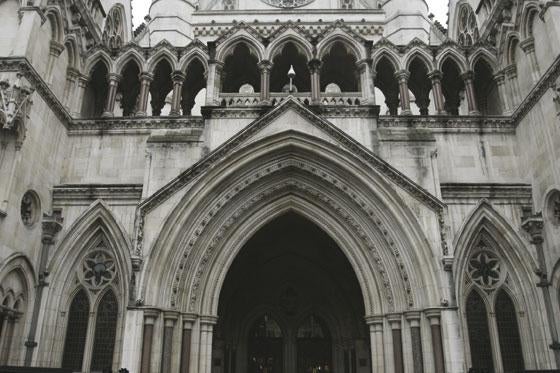
Leading lawyers have said that a radical shake-up of online libel laws will be good news for journalists.
The Government announced last week that it is proposing to impose a new time limit on libel cases involving articles published on the internet. Currently every time an online article is downloaded it counts as a new publication – so the one-year time-limit on defamation claims does not apply.
Media lawyer at Reynolds Porter Chamberlain, Jaron Lewis, said: “The current law was never designed for an internet age, and the introduction of a single publication rule is long overdue.”
Litigation lawyer at Wiggin, Caroline Kean, said: “I anticipate that after the consultation process there will be a change in the current law because it is an anachronism in the modern age to have this idea that there is an archive where every time you access it, there could be a new cause of action.”
Kean said the proposed changes are ‘very important – very good news for the press”.
She said: “What you [journalists] won’t have is this threat hanging over you forever that something you wrote years ago after you’ve lost your sources, after your witnesses have moved or died that someone might bring an action against you then. This is very significant because it is very hard to defend yourself after a long passage of time.”
One of the proposals under consideration is to extend the time period in which a claim can be brought. The proposal states the time limit should start when the defamed person has knowledge of the publication rather than starting when the defamatory statement is published.
Sarah Webb, partner and head of media and libel at Russell Jones and Walker, said: ‘Whilst we recognise that the multiple publication rule needs review in the light of the inevitable multiple publications on the internet and material remaining available for much longer than the original publisher would have anticipated, it is important, as the consultation process acknowledges, that this be balanced against a longer limitation period.”
But Lewis believes: ‘The reality is that claimants know straight away when they have been defamed. Extending the limitation period will just encourage people to bring stale claims.
“Defendants cannot be expected to defend claims many years after first publication – it is just not practical.”
The law which counts each internet download as new publication dates back to a case from 1849 where the Duke of Brunswick heard that he had been defamed in a London paper18 years earlier and sent his servant to find him a copy in the British Museum and then successfully sued.
Defamation and intellectual property lawyer David Hooper from Reynolds Porter Chamberlain said: “The idea of decided your internet law on the basis of some case in the middle of the 19 century is very dissatisfactory. The real problem was that it was possible to sue for things way in the past.
“It’s a consultation document – but it does look as if a sensible solution will come out of it regarding online archives. You can’t just go on suing because things are on online archives.
“You can’t go on suing forever and the real solution to archives isn’t that you should rewrite history but put a note [with the article] that things have been disputed or there has been a correction. If there is an amendment – people can see both sides. It seems to me a fair balance between people’s reputation and not having endless litigation.”
Email pged@pressgazette.co.uk to point out mistakes, provide story tips or send in a letter for publication on our "Letters Page" blog
